The lack of consistency in music tagging is a significant challenge that hinders effective music discovery and organization. This inconsistency stems from the subjective nature of human perception and interpretation, leading to variations in tag assignment even for the same musical piece. Different users may apply different terms to describe similar musical characteristics, resulting in a fragmented and disorganized tagging landscape.
This inconsistency poses significant difficulties for both manual and automated music categorization systems, hindering their ability to establish clear and reliable associations between music and its corresponding tags. While various tools exist to assist with tagging, a universally adopted and effective methodology remains elusive.
Scope
- Projects
- Music
- Strategy
Awards & Mentions
- Promolicious
- Thought of the day
Inconsistent Tagging Input
Inconsistent tagging due to subjective human input hinders accurate music categorization and retrieval across diverse platforms.
Automated Tag Struggles
Vast music libraries overwhelm manual tagging, while automated systems struggle with musical nuance and contextual understanding.
Evolving Genre Tags
Evolving music genres and styles quickly outpace existing tag vocabularies, limiting effective description of new music
Subjective Mood Tags
Inconsistent tagging due to subjective human input hinders accurate music categorization and retrieval across diverse platforms.
Technical Tag Limits
Vast music libraries overwhelm manual tagging, while automated systems struggle with musical nuance and contextual understanding.
Poor Tag Data
Evolving music genres and styles quickly outpace existing tag vocabularies, limiting effective description of new music
Project Process
Define the Issue
The multifaceted challenges surrounding music tags create a significant impediment to effective music management and discovery. Inconsistent user input, the overwhelming volume of music, the rapid evolution of genres, subjective emotional interpretations, technical limitations, and poor data quality collectively result in a fragmented, unreliable, and often confusing metadata landscape. This hinders accurate categorization, limits effective search capabilities, and ultimately frustrates users seeking to explore and organize their music collections. Addressing these interconnected issues is crucial for building more robust and user-friendly music information systems.
Outline Challanges
I. Inconsistent Tagging: Subjective user input leads to varied and often conflicting tags, hindering accurate search and categorization.
II. Overwhelming Volume: The sheer amount of music makes comprehensive and accurate tagging, both manual and automated, incredibly challenging.
III. Evolving Genres: Rapid musical evolution outpaces tag vocabularies, resulting in outdated and inadequate descriptors for new music.
IV. Subjective Mood: Personal interpretations of emotion lead to inconsistent and unreliable mood-based tagging, limiting effective mood-based discovery.
V. Technical Limits: Restrictions in file formats and metadata standards limit the richness and amount of information that can be stored as tags.
VI. Poor Data Quality: Errors like typos and inconsistent formatting within tags reduce search accuracy and create a chaotic metadata environment.
“Fragmented and Unreliable Music Metadata Creates Inconsistent Categorization and Limits Effective Discovery.”
Sid SpanosCEO, SS Solutions




